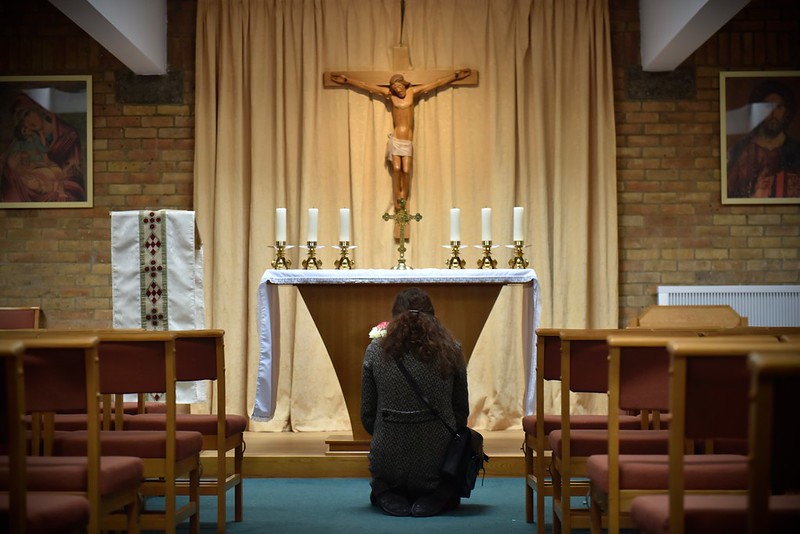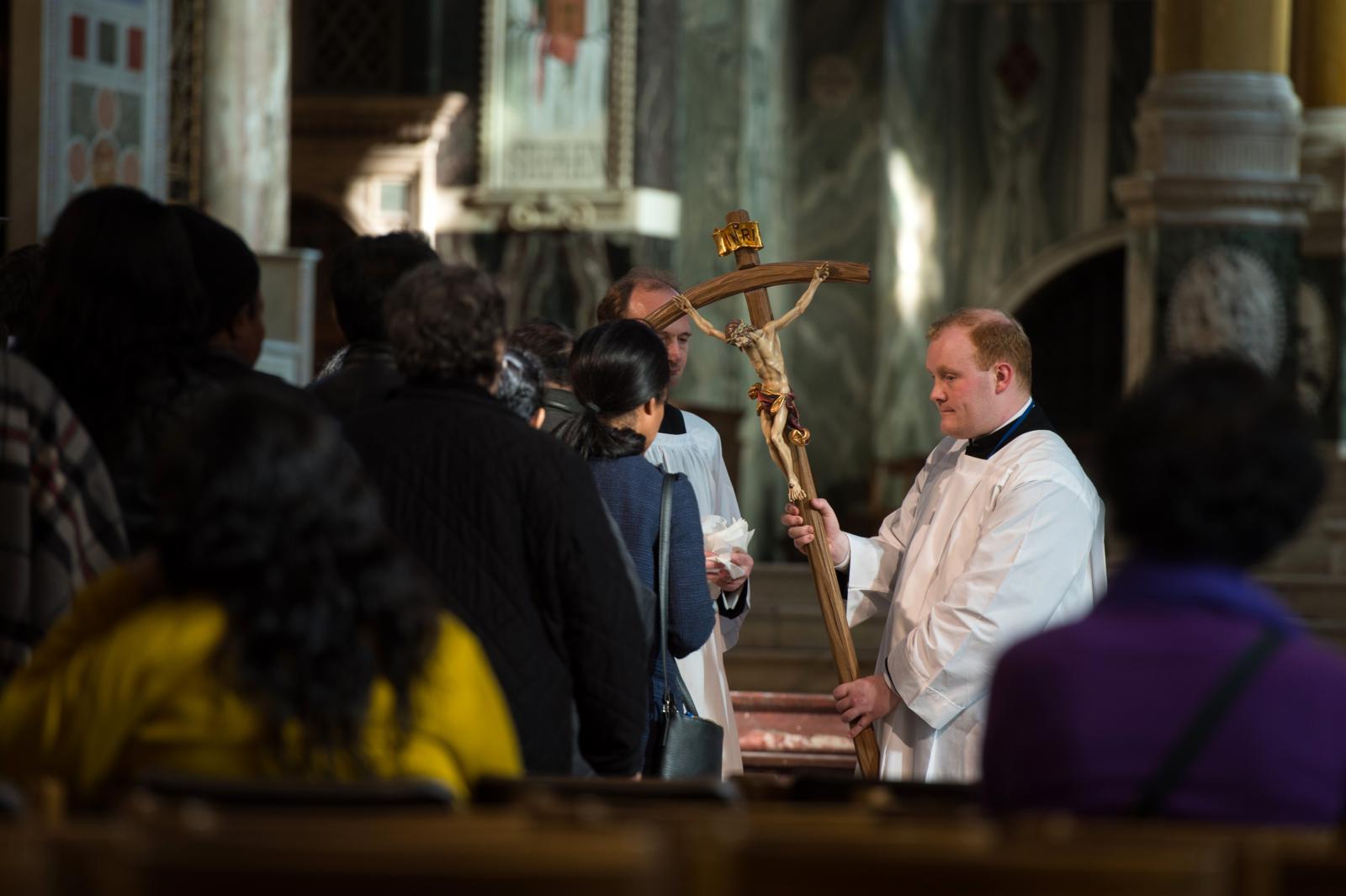By Ruth Warner, Programmes Senior Retreat Leader at SPEC
‘What have you given up for Lent?’, my friend Molly asked me as she scanned a cucumber through the Sainsbury’s self-checkout and placed it in her stripy reusable bag. I felt completely at a loss for an answer and found myself rattling off the usual spiel about prayer, fasting, and almsgiving, without really knowing what I was saying.
Just two weeks before, prior to the start of Lent, I had written a list. I was going to fast three times a week, and give up my pillow, and not eat any sugar, and pray three hours a day and have the best Lent ever! How had I gone from this wild enthusiasm in the face of penance and mortification to not knowing how to respond to a simple question?
I am very much a planner, a do-er, a performer; hence the list-cum-essay. I was excited to ‘do’ Lent ‘well’, so excited that I had unintentionally, although predictably, moved into the slippery territory of trying to earn God’s love. For those of us who are habitually scrupulous, this is a familiar place. Its discomfort is comfortable for me, allowing me to labour under the illusion that I have everything under control, including God. I was praying for God to teach me to trust in him without relinquishing one ounce of my life.

I have no choice but to place all my trust in God and surrender my worries at the foot of the cross.
But we weren’t made for comfort, we were made for greatness. So, what did God do? He pressed the override button and transformed my control-panel unrecognisably. The sturdy, predictable, dependable production-line of my life turned to sand and crumbled away, leaving me in the desert. A truly Lenten experience.
Beneath that dusty heap of broken ambitions lay something far more precious. Sifting through the rubble, little by little, I am encountering glittering nuggets of God’s grace; glimpses of his love for me that was there the whole time. I was just too busy to rest in its presence.
It is by drawing me, or, abruptly dumping me headfirst, into the desert that the Lord helps me to encounter his goodness. The first lines of Gerard Manley-Hopkin’s ‘Easter Communion’ describe this perfectly: ‘pure fasted faces draw unto this feast: God comes all sweetness to your Lenten lips’. The difficulty of the fast, the loneliness of the wilderness is what allows us to truly taste God’s love for us. The desert becomes the palate cleanser for the rich wedding banquet.
I have no choice but to place all my trust in God and surrender my worries at the foot of the cross. Not only because my methods of control have failed me, but because this radical confrontation with his love and mercy has given me no choice but to follow him through uncertainty, knowing that he is sovereign and working through it all.
Photos: Diocese of Westminster (Body), Mazur/cbcew.org.uk (Header)
